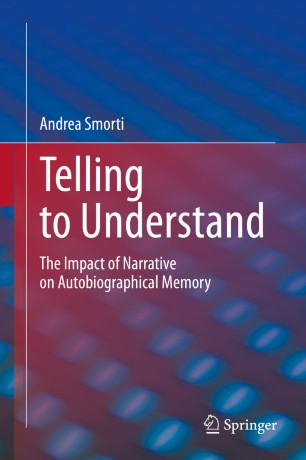

Most ebook files are in PDF format, so you can easily read them using various software such as Foxit Reader or directly on the Google Chrome browser.
Some ebook files are released by publishers in other formats such as .awz, .mobi, .epub, .fb2, etc. You may need to install specific software to read these formats on mobile/PC, such as Calibre.
Please read the tutorial at this link: https://ebookbell.com/faq
We offer FREE conversion to the popular formats you request; however, this may take some time. Therefore, right after payment, please email us, and we will try to provide the service as quickly as possible.
For some exceptional file formats or broken links (if any), please refrain from opening any disputes. Instead, email us first, and we will try to assist within a maximum of 6 hours.
EbookBell Team

4.4
52 reviewsThis book illustrates the link that unites memory, thought, and narration, and explores how the act of telling helps people to understand themselves and others. The structure of the book is divided into two parts. The first part focuses on the aspect of narrative comprehension—the person as narrator. It identifies two different origins of narrative comprehension (memory and play) and argues that the narratives we produce starting from autobiographical memory are intended to give order and meaning to events that happened in the past, in order to be able to interpret the present. Conversely, the narratives we produce starting from play are aesthetically constructed, not forced to respect reality, and because of this create potential new worlds of understanding. The second part of this book is devoted to the study of narrative understanding as an understanding of the other. Chapters examine the different points of view a listener can adopt in order to interpret the text produced by a narrator and how these points of view can interact with each other. The book concludes with a consideration of narrative comprehension in the digital world, and examines the principal effects of stories and narrative on the notion of self in the realm of the “Internet galaxy.”
Telling to Understand will be of interest to researchers and students in cognitive science, psychology, literary studies, philosophy, education, and educational technology, as well as any reader interested in enlarging their concept of narrative and how narrating modifies the self.